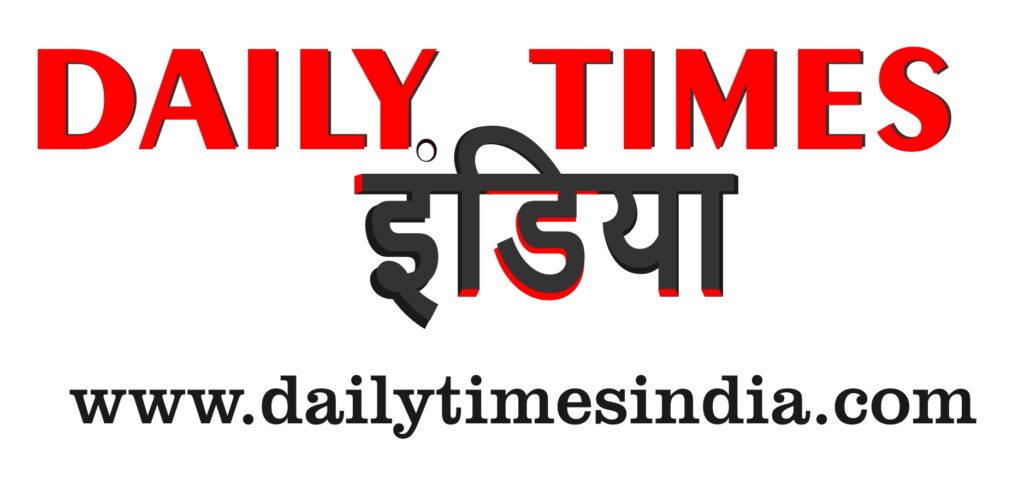Kolkata: Trinamool Congress (TMC), the ruling party in West Bengal and a key member of the I.N.D.I.A Alliance, has decided to distance itself from Rahul Gandhi’s Nyay Yatra. Media reports suggest that the TMC’s decision stems from the absence of a mutually agreed-upon formula for seat sharing in Bengal with the Congress and other opposition parties within the I.N.D.I Alliance.
The TMC has asserted that it sees no merit in participating in the Nyay Yatra until a fair and valid seat-sharing arrangement is established with the Congress. The party’s reluctance to allocate more than two seats to Congress in Bengal has been a longstanding point of contention. Congress’s state president in Bengal, Adhir Ranjan Choudhary, has criticized the Enforcement Directorate’s actions in the state, even calling for the implementation of Governor’s Rule, intensifying the tensions between the two parties.
Rahul Gandhi’s Nyaya Yatra is scheduled to enter West Bengal on January 27, where it will span five days. The Congress National President, Mallikarjun Kharge, has urged all parties in the Indi Alliance to join the Yatra, with indications from senior leaders of RJD-JMM in Bihar and Jharkhand expressing their willingness to participate.
This recent standoff is not the first instance of strained relations between the TMC and Congress. Mamata Banerjee, the Chief Minister of West Bengal, has previously attempted to forge opposition unity without the inclusion of Congress. During her third term as CM, Mamata engaged with leaders like Sharad Pawar, Arvind Kejriwal, and Uddhav Thackeray to build an alliance excluding Congress. However, these efforts faced resistance, with Sharad Pawar emphasizing the significance of Congress in any opposition coalition.
Congress’s electoral performance in West Bengal has been minimal, securing only one seat in a by-election, supported by the Left Front. Mamata’s response was to include the Congress MLA in TMC, further straining relations between the two parties. Mamata Banerjee’s discontent with Congress was evident when she suggested Nitish Kumar call the first meeting of opposition parties in Patna, asserting her influence and challenging Congress’s centralized approach.
In a surprising move during the fourth opposition alliance meeting in Delhi, Mamata proposed Congress National President Mallikarjun Kharge as the prime ministerial candidate, diverting attention from Rahul Gandhi. Kharge, however, deferred discussions on the PM face until after the elections. This move might also be an attempt by Mamata to sow seeds of factionalism within Congress.
Mamata’s recent declaration that Congress will be allowed to contest only the two seats it won in the last elections in Bengal, along with her absence from a virtual meeting amid reports of Nitish Kumar’s displeasure, further highlights the ongoing challenges within the opposition alliance. Rahul Gandhi’s proposal to make Nitish Kumar the coordinator in the same meeting, against Mamata’s wishes, adds another layer of complexity to the dynamics within the alliance. The evolving situation underscores the delicate balancing act and internal dynamics at play within the I.N.D.I Alliance.






